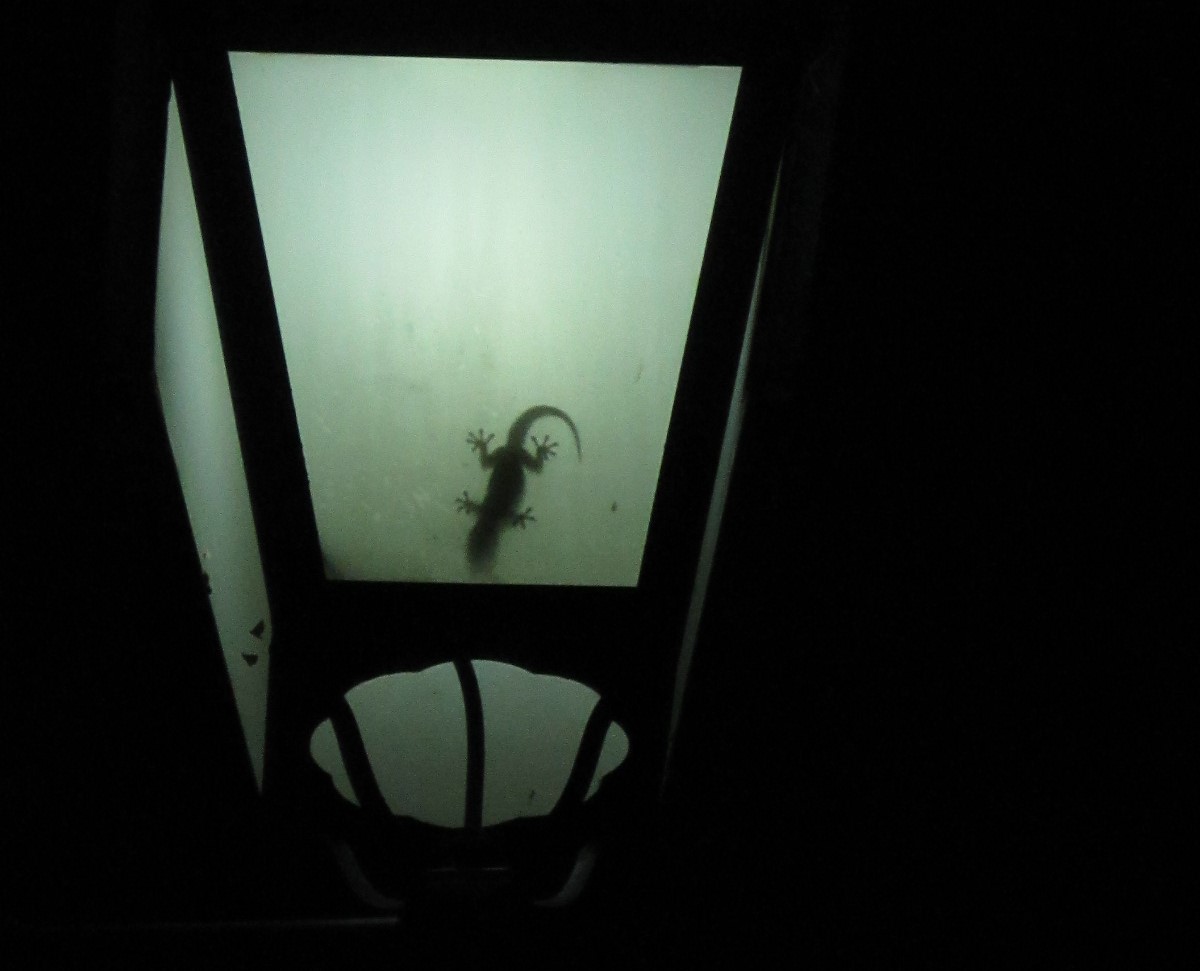Urban Wildlife
Filed Under: Fiction
Here is a sub-500-word story that I wrote for the 4th PodCastle flash fiction contest that ran through July and August 2017, with the three winning stories aired on episode 499 of the podcast in December. Telling any story in less than 500 words is an interesting challenge, and what I ended up producing trades more in tone and tension than in plot or payoffs. It was received fairly well and made it into the semifinals, but there were many stories that were better-written, more interesting and much more deserving of the prize. A lot of fun was had in the process, anyhow, and I’m proud of this little story and myself for finally getting some fiction out into the world, however short it may be.
I’m hugely thankful to David Ferguson who provided feedback and editing on the story. Without his great input it would be utter rubbish.
I hope you enjoy it! Let me know what you think in the comments below or on Twitter.

They came into the cities like countless other wild creatures had before them. At first they were cautious, caught by humans only in brief glimpses when they darted through the glow beneath lampposts and windows. On the walk home a person might see a pair of reflective eyes watching from the bushes, cold and wary, before they disappeared in a blink. They were mostly silent, which helped them go unnoticed, and when one did make sounds it was easy to mistake its yowling for a cat’s or even a baby’s. They ran from adults but did not mind children. In fact when a child was alone they would observe it closely, curiously, almost as if trying to remember something.
As their numbers grew so did their confidence. They rummaged in bins and fouled on lawns. They stole food and trinkets through open windows. They were seen breaking into containers, smashing them with rocks or prying them open with sticks. They would peer in the windows of family homes, hiding the moment an adult turned to look. Sometimes a ground floor window would have a new crack in it in the morning. People would wonder.
Their nests became larger and easier to find. The media buzzed for a morning about the novelty of an abandoned nest found on the twenty-first floor of a construction site. Perhaps its inhabitants had lived off builders’ unfinished lunches, or the rich pickings that could be raided from the alleyways behind nearby restaurants. Footage surfaced online of one appearing to beckon to a toddler who was alone in a garden, and a clip showing a group catching pigeons went viral.
People got wiser about living in their presence. The popular advice went like so: don’t leave doors or easy-to-reach windows open, don’t encourage them by leaving food out, and put locks on bins. The less-given, less-taken advice was to nail a horseshoe above the door, but it sounded far too superstitious for most. Regardless of the precautions people took, they got smarter in response. It turned out they could open doors, teaching each other the technique. It was rumoured they could even pick locks.
In the countryside they had merely survived. In the city, they thrived. Newspapers and politicians began to talk about “pest control” as they went from curiosity, to nuisance, to threat.
It was near midsummer when a baby girl went missing from her ground-floor bedroom. At first it was a routine investigation, given little more than a paragraph buried near the middle of the national papers, but it quickly became clear something was different. Something the police were avoiding questions about.
The questions stopped when the girl was found.
Then the struggle began.